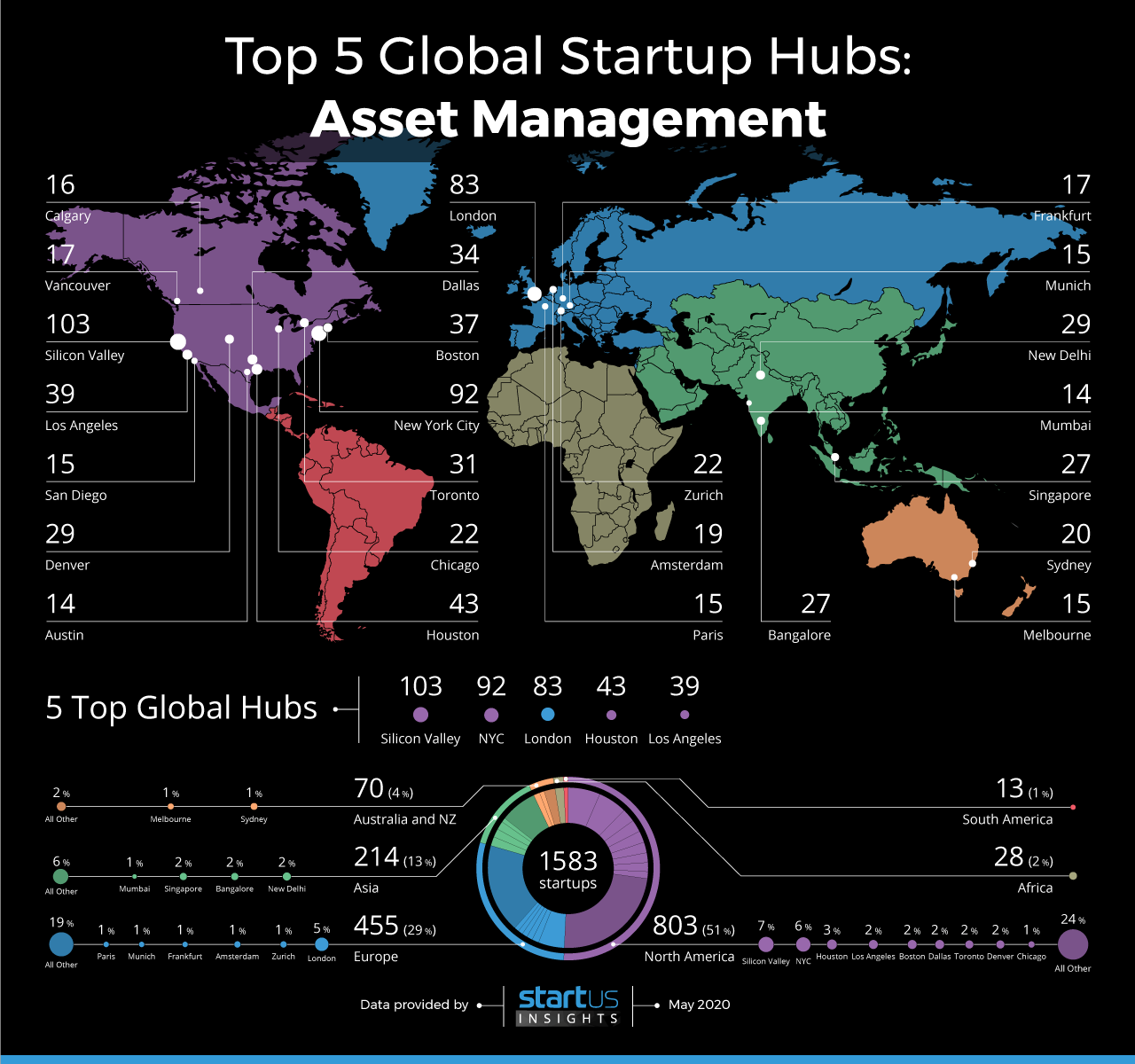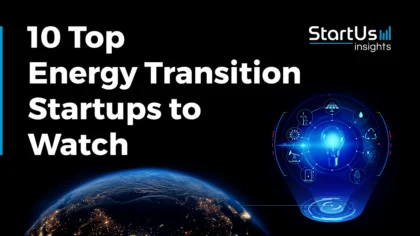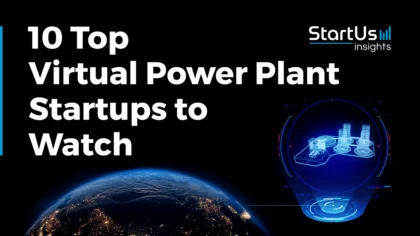Accelerate Productivity in 2025
Reignite Growth Despite the Global Slowdown
Energy asset management refers to a host of strategies that primarily aim to control and optimize the generation, distribution, and consumption of energy to make it more sustainable and cost-effective. These strategies use big data, machine learning (ML), and artificial intelligence (AI) to facilitate decisions about the use and monitoring of energy assets. Asset management helps operators maximize the potential of traditional energy sources, as well as efficiently integrate newer developments such as smart grids, distributed energy resources (DERs), and electric vehicles (EVs). It reduces maintenance costs, conserves energy, and mitigates emissions by both reducing consumption and promoting renewables.
Energy asset management solutions are crucial to supply the complex needs of evolving grids while moving to a sustainable future. Advanced real-time analytics enables crucial decisions as to which energy source to derive power from or when to optimize the use and distribution of energy in industrial settings and residential spaces.
Top 5 Global Startup Hubs: Energy Industry Asset Management
Using our StartUs Insights Platform covering more than 1.116.000 startups and emerging companies, we analyzed the geographic distribution of global startup activity for energy asset management. We identified 25 regional hubs* that observe high activity in developing technology-driven solutions across the industry.
Within these hubs, we analyzed a sample of 1.584 startups employing technology-driven solutions to innovate in the field. Silicon Valley, New York City, London, Houston, and Los Angeles are home to 360 startups and emerging companies* and account for 23% of global activity in energy asset management. Let us have a look at some of the innovative solutions from these top 5 hubs.
According to our data, four-fifth of all activity in energy asset management occurs in North America and in Europe. Advanced analytics combined with regions of high energy demand create hubs for energy asset management to disrupt how industries and individuals meet their energy requirements.
Even though the rest of the world sees comparatively lower activity, Canada, India, and Singapore are home to a significant number of energy asset management startups. As technologies like smart grids, better batteries, and EVs reach new markets, it would inspire the need for energy asset management solutions in those regions as well.
1. Silicon Valley: 103 Startups
Silicon Valley’s position as a global hub for both artificial intelligence and advanced analytics makes it an attractive destination for energy companies looking for asset management solutions. Moreover, California’s policies place a strong emphasis on cleantech, leading to a spurt in the growth of companies focused on smart grids and DERs. This development, in turn, stimulates innovations in energy asset management. Use cases include reducing operational costs, minimizing emissions, and making grids and DERs more robust.
Camus Energy is a San Francisco-based startup that offers open-source software for energy assets and grid management. Their solutions optimize and control distributed energy resources to understand grid behavior in dynamic environments. RittaTM analyzes data from utility and non-utility sources to describe current and near-future grid conditions. MimoTM, another platform from the startup, enables local grid balancing helping operators make the most of local resources while keeping costs low.
2. New York City: 92 Startups
New York has very ambitious goals to fight climate change, including renewable energy production, zero-carbon electricity, and reduced emissions. Innovations in the city aim to reduce dependence on the traditional grid and fossil fuels to achieve these goals. With tornadoes being a frequent occurrence in New York, the state often faces a mismatch between power demand and supply. The energy startups in the city focus on distributed and renewable energy assets, combined with advancements in battery storage, to address this challenge.
Based in New York, Utopus Insights develops a suite of energy analytics solutions. Schipher.Vx is a comprehensive visualization tool for asset management, fleetwide performance assessment, and other operational metrics. The startup’s forecasting platform, Scipher.Fx, combines weather forecasts with historical data to predict power generation from renewable assets. They also develop a prescriptive maintenance tool for wind assets that helps operators plan repairs in advance.
3. London: 83 Startups
The United Kingdom is focusing heavily on renewable energy, including off-shore wind and solar energy projects. London is a leader in the adoption of both renewable energy and smart meters. Both homeowners and businesses now invest in green energy resources to address their energy needs. This trend has spurred the growth of asset management startups in the energy sector in London.
PowerX is a London-based startup that offers a cloud platform for business-critical energy assets. Its solution enables remote monitoring of energy infrastructure to ensure high availability of cheap and green energy. It uses artificial intelligence to automatically monitor and control all external power sources and take real-time decisions to use the most cost-effective option. The platform helps mobile network operators to power their base stations and towers while reducing ownership costs and carbon footprint.
4. Houston: 43 Startups
Dubbed as the energy capital of the world, Houston houses thousands of energy companies, spanning every sector in the industry. The Energy Corridor business district is home to both industry giants in the energy sector, such as Shell Oil and BP America, as well as startups. As traditional energy companies look forward to a greener and more sustainable options, startups in the region are innovating in asset management and smart grids.
Houston-based startup Peak AI Solutions provides real-time data power management for the energy industry. Peak TrueMeasure® uses proprietary algorithms and machine learning to automate the manual exception identification process and volume editing. Peak Settlements® visualizes the allocation process to show the connectivity between wellhead meters, check meters, gas lift meters, and central delivery points. The startup’s solutions help energy companies to maximize operating and reporting efficiency.
5. Los Angeles: 39 Startups
Public initiatives from the state of California, such as the Self-Generation Incentive Program (SGIP) and Electric Program Investment Charge (EPIC) support energy storage. These tackle the challenge of supplying reliable energy despite the intermittent nature of renewable energy generation. Los Angeles has also set aggressive electric vehicles goals, with plans to have 30% of the vehicles on road being electric by 2028. This demands innovations that match the unique, dynamic asset management requirements for a thriving EV ecosystem.
Hailing from Los Angeles, Xeal offers an electric car charging platform for workplaces and apartments. It allows businesses to provide scheduled charging times for their employees and guests. The EV chargers utilize proprietary models to supplement the on-site solar and storage and optimize energy consumption. The solution allows workplaces and apartments to reduce energy costs while avoiding panel upgrades.
What’s Next?
The push for renewables to tackle climate change is bound to expand the scope for on-site generation and the need to manage local energy assets. As more global hubs continue to adopt aggressive low or zero-carbon goals, they will need to be supplemented with investments in energy asset management. Massive infrastructural changes in network grids and electrification of transportation can be expected.
*We define a hub as the regional geographic center of activity for this topic. It covers the center point with a radius of 100km. We define startups and emerging companies as those founded after 2010.








